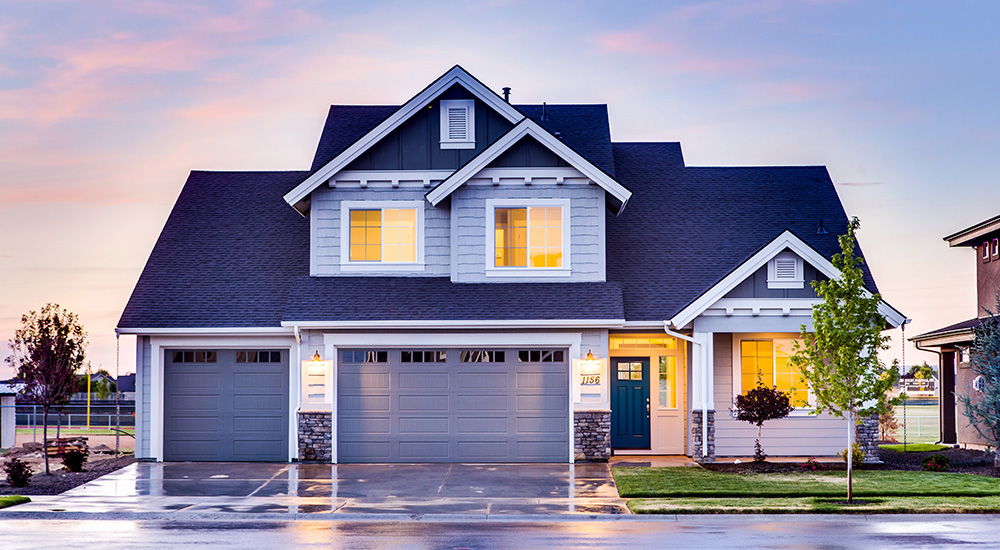How Smart Homes Work: A Comprehensive Guide
Smart homes are becoming increasingly popular, and for good reason. They offer a number of benefits, including convenience, security, and energy savings. But how do smart homes actually work?
In this blog post, we’ll take a comprehensive look at how smart homes work, from the basics of smart home devices to the different ways you can control them. We’ll also discuss some of the benefits of Smart Homes and how you can get started with your own smart home.
What is a smart home?

A smart home is a home that uses automation to control devices and appliances. This can be done through a variety of methods, including voice commands, mobile apps, and even sensors. Smart homes can be as simple as having a few smart light bulbs or as complex as having a fully integrated system that controls everything from your lights and locks to your thermostat and entertainment system.
How do smart home devices work?
Smart home devices are typically connected to the internet through Wi-Fi or Bluetooth. This allows them to communicate with each other and with you, the user. Smart home devices can also use sensors to detect changes in their environment, such as motion, temperature, or light.
For example, a smart light bulb might use a sensor to detect when you enter a room and turn on the light automatically. Or, a smart thermostat might use a sensor to detect when you leave your home and adjust the temperature accordingly.
How to control smart home devices

There are a few different ways to control smart home devices. One way is through voice commands. Many smart home devices are compatible with voice assistants such as Amazon Alexa and Google Assistant. This means that you can control your smart home devices simply by speaking to them.
For example, you could say “Alexa, turn on the living room lights” or “Hey Google, set the thermostat to 72 degrees.”
Another way to control smart home devices is through mobile apps. Most smart home devices have their own mobile app that you can use to control them from your smartphone or tablet.
Finally, some smart home devices can be controlled through physical buttons or switches. For example, you might have a smart light switch that you can use to turn on and off your smart lights.
Benefits of smart homes
Smart homes offer a number of benefits, including convenience, security, and energy savings.
- Convenience: Smart homes can make your life more convenient by automating tasks that you would otherwise have to do manually. For example, you can use smart home devices to turn on your lights when you enter a room, adjust the temperature when you leave your home, or lock your doors when you go to bed.
- Security: Smart homes can also help to improve your home security. For example, you can use smart home devices to install security cameras, monitor your home for break-ins, and receive alerts if there is any suspicious activity.
- Energy savings: Smart homes can also help you to save energy. For example, you can use smart thermostats to automatically adjust the temperature of your home based on your schedule and preferences. You can also use smart light bulbs to turn off lights when you leave a room or to dim them when you are not using them.
Getting started with a smart home

If you are interested in getting started with a smart home, there are a few things you need to do. First, you need to decide which smart home devices you want to install. There are a wide variety of smart home devices available, so you need to choose the ones that are right for your needs and budget.
Once you have chosen your smart home devices, you need to install them. Some smart home devices are easy to install yourself, while others may require professional installation.
Finally, you need to connect your smart home devices to the internet and to each other. This usually involves downloading the mobile app for each device and following the instructions.
Conclusion Smart homes offer a number of benefits, including convenience, security, and energy savings. If you are interested in getting started with a smart home, there are a few things you need to do, such as choosing the right Smart Homes devices for your needs and budget, installing them, and connecting them to the internet and to each other.


